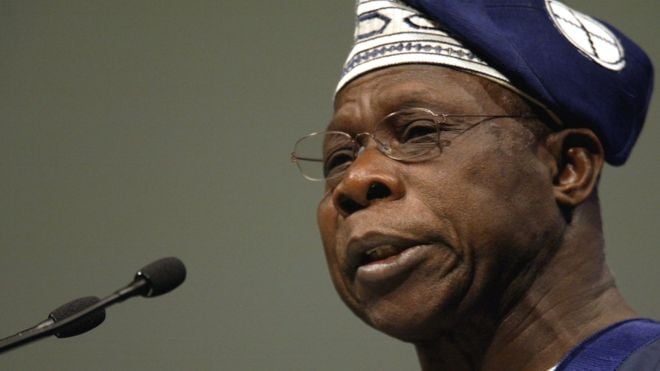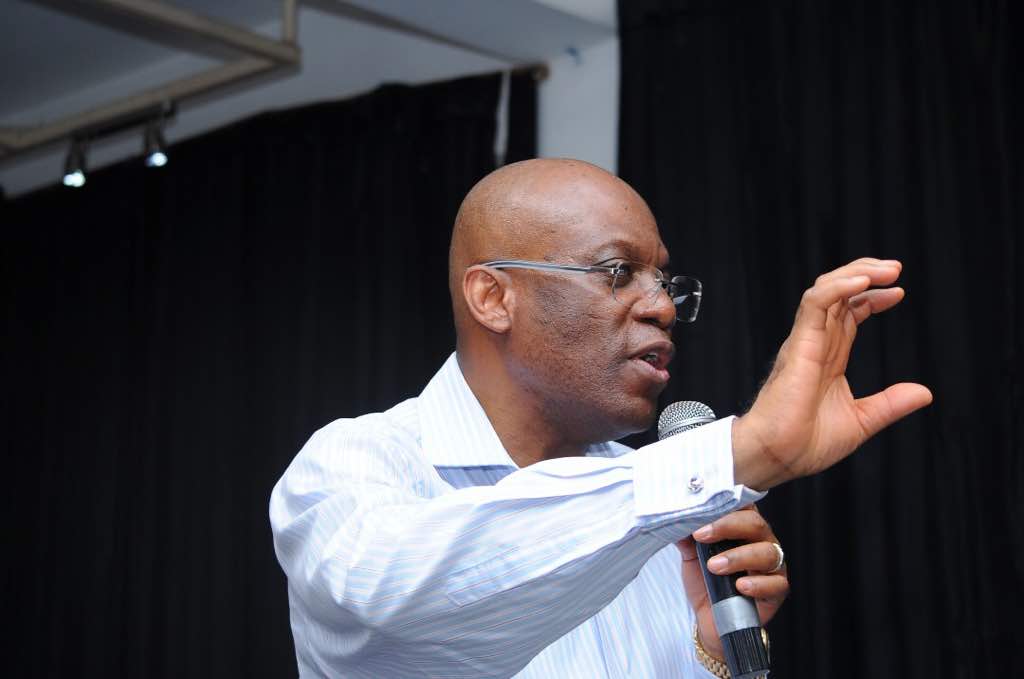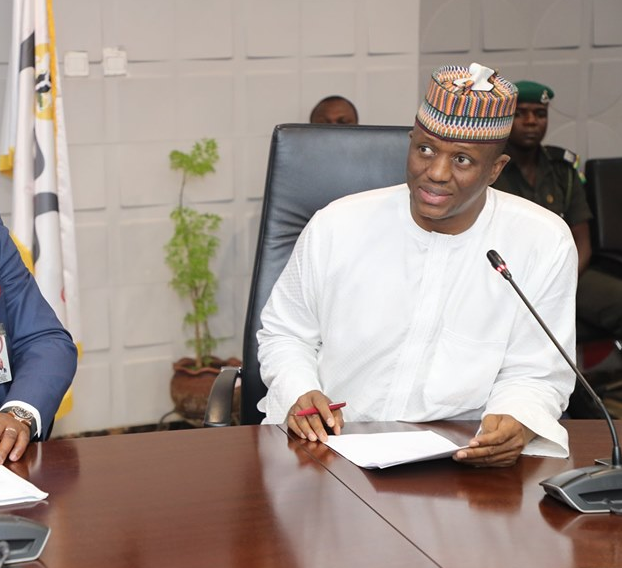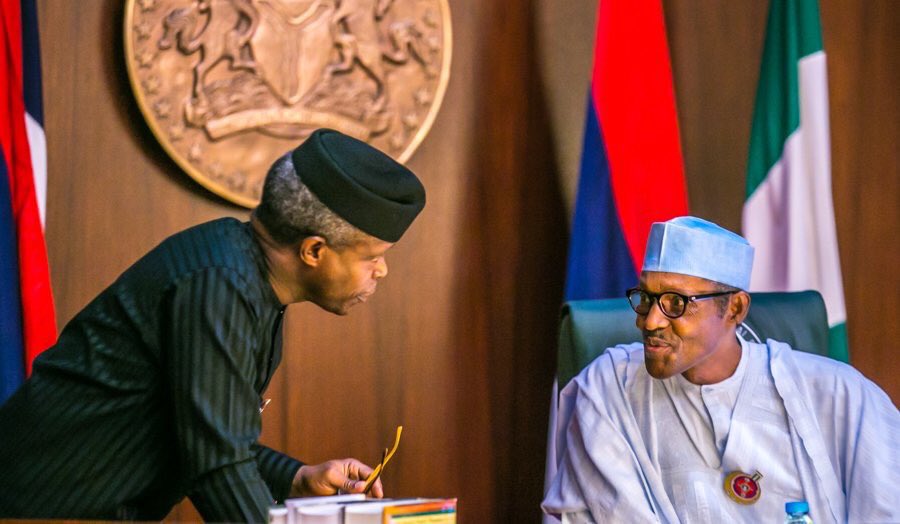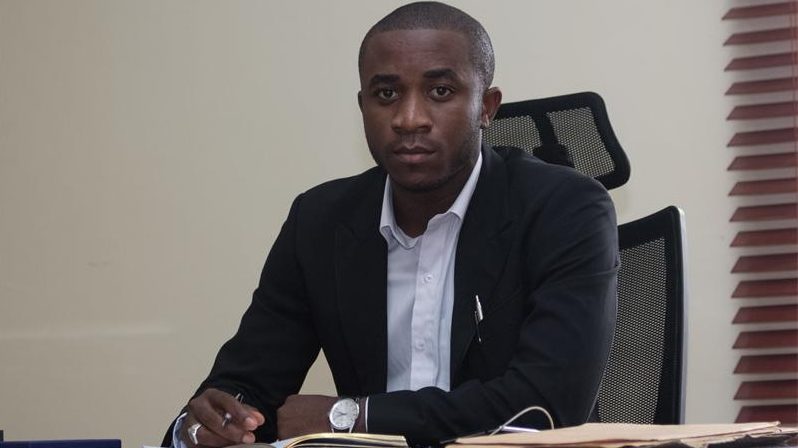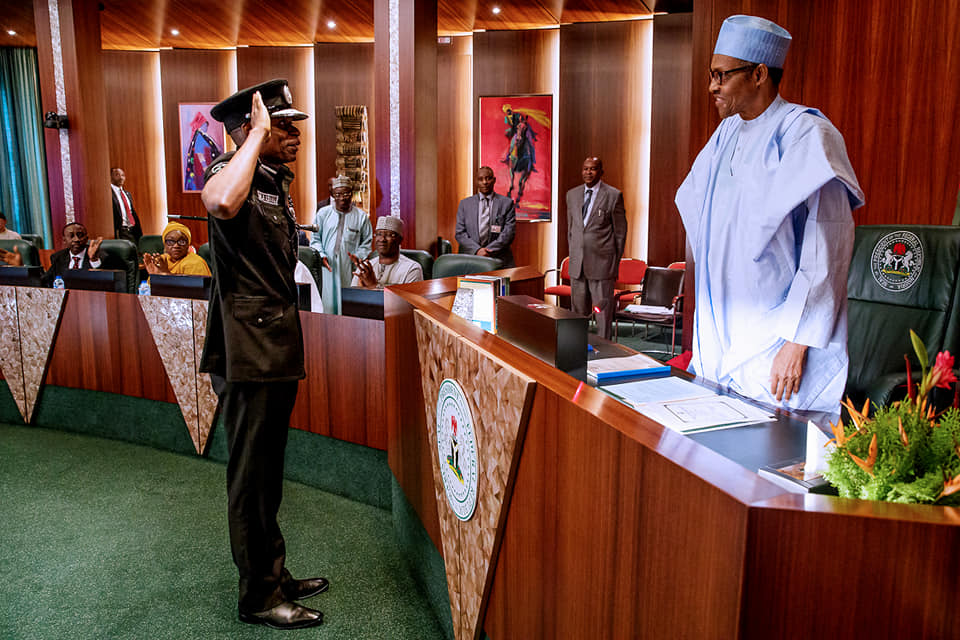Bill Gates, the co-chair of the Bill and Melinda Gates Foundation (BMGF), says the Nigerian government needs to improve quality of spending and gain credibility with citizens in order to generate more revenue domestically to fund the nation’s development and tackle inequality.
Gates, who said he believes Nigeria can tackle inequality, added that the country still has some of the smallest revenue-to-GDP ratios anywhere in the world.
Speaking via a teleconference with select journalists, including TheCable, Gates said the government needs to gain this credibility in order to ensure more taxes are paid, and Nigeria can raise its revenue mobilisation to the same level as its peers.
“One challenge that Nigeria has is that the amount of money that the government raises domestically is quite small compared to other countries,” he said.
Advertisement
“A lot of countries at that level will be raising closer to 15 percent of GDP and Nigeria is one of the lowest in the world down at about 6 percent. And so, it is a huge challenge that when you want to fund infrastructure, health, education, all those things, that over time the tax collection, the domestic resources are going to have to go up quite a bit.
“That’s a long-term effort and I think partly by making sure the current resources are spent well like on primary health care, you gain the credibility that the citizens will say, okay, we want more of these things.
“If we don’t raise the quality, you can get into a trap where they don’t feel like paying the taxes actually has that much impact, and so they’re not supportive of that.”
Advertisement
Goalkeepers Report: Stark inequality within Nigeria
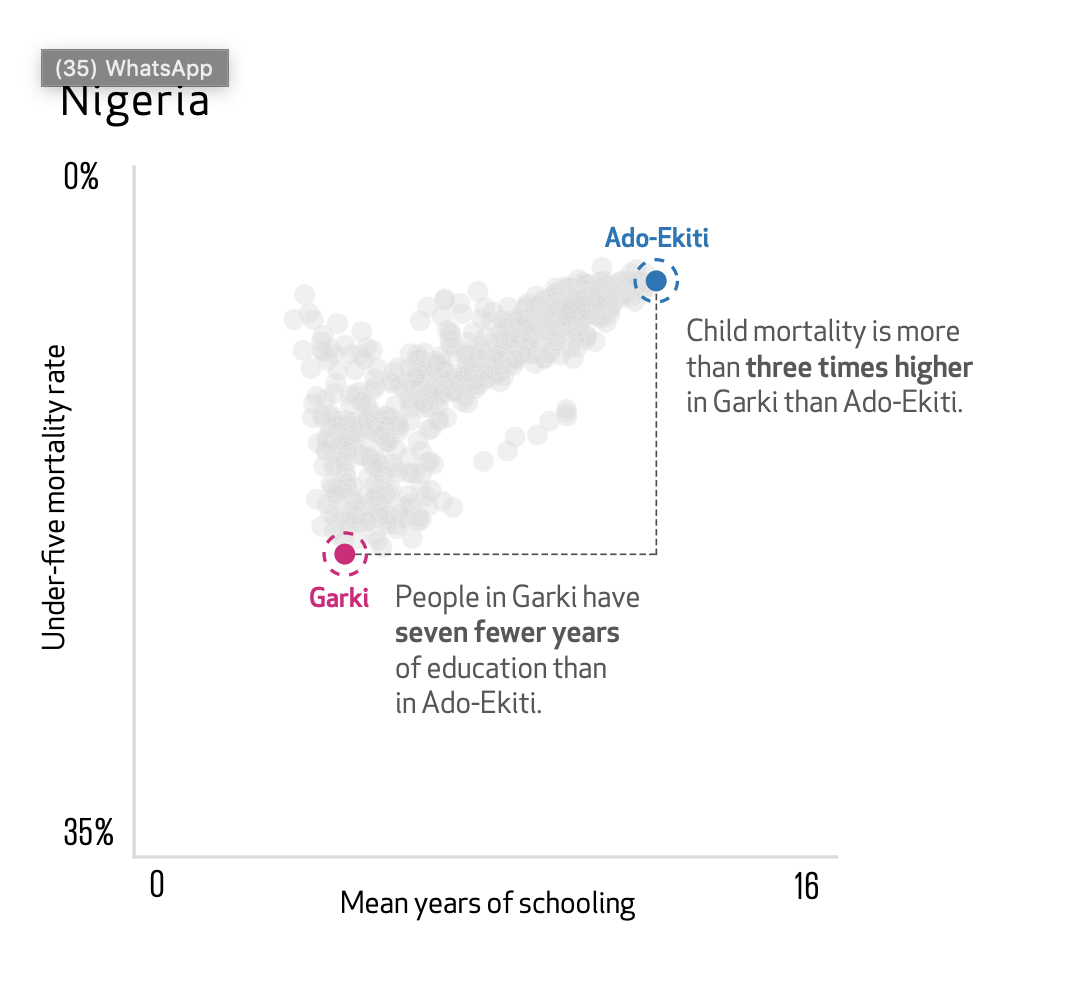
Unveiling BMGF’s Goalkeepers Report, which measures the state of performance of the SDGs across the world, Gates said there is inequality in almost every location in the world today.
A girl born in Ado Ekiti will most likely finish her secondary education, but if the same girl were born in Garki local government in Jigawa, she will not complete primary education.
“Nigeria is a super-important country and one that the foundation has an office there. We did a lot of work in Nigeria on polio and we learned a lot doing that. Nigeria has gone almost three years now without having a polio case,” Gates added.
Advertisement
“The biggest priority we have, although making absolutely sure we’re done with polio remains a big priority, now we’re able to focus even more on the primary health care system.
“Nigeria is important, I’m hopeful about Nigeria. As you see in the report, the disparities within Nigeria are quite stark.
“So, we’re working hard. I mentioned we do videoconferences with state governors. If we can make the six states into exemplars, then these practices can be extended to all 18 of the northern states.
“There are best practices down in the south as well that we can learn from that as well. And so, you know, building on what we were able to achieve with polio and the relationships we’ve built there and our commitment, starting with primary health care, we think that Nigeria can tackle its inequality.”
Advertisement
Bill Gates: My Wish for Nigeria
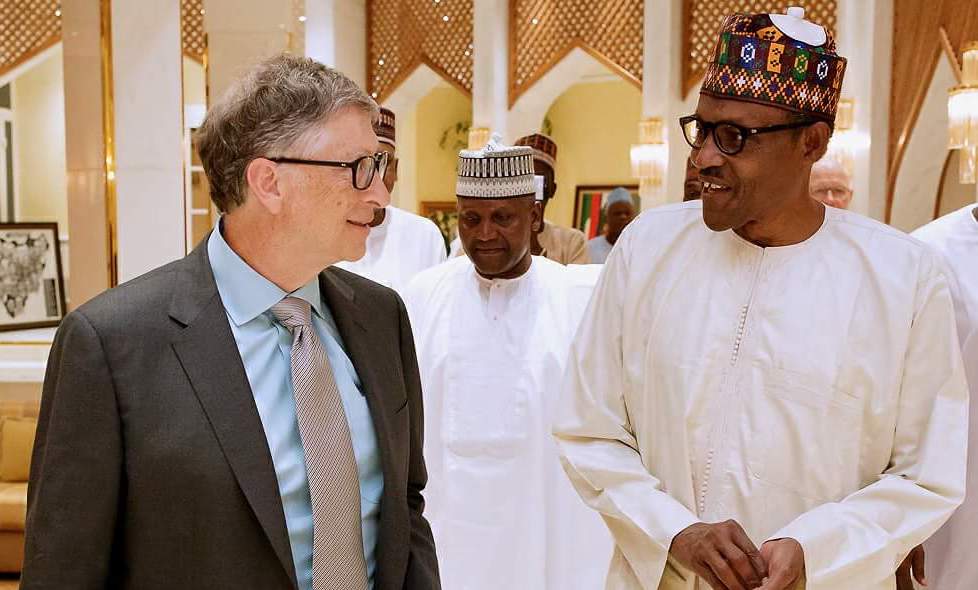
Gates, who highlighted his wish for Nigeria, says the Bill and Melinda Gates Foundation, has learnt a lot in Nigeria and is working with northern governors to address the issues around health and education.
“If I had one wish for Nigeria, it would be that the quality and funding of the primary health care system would achieve the level of some other countries that are lower income but have done a better job with the primary health care system. So, it definitely is doable.
Advertisement
“In Nigeria for a lot of the work we do there we’re partnered with Aliko Dangote, who helps us understand who the good partners are and exactly how we can reach out to groups like the traditional leaders and get them involved in these efforts as well.
“I do a regular phone call with six of the governors in the north of Nigeria to talk about the statistics on their primary health care system, getting the workers there, getting the vaccine supply right, getting the mothers to show up, so that we get antenatal care to be better, we get vaccination rates to be better.
Advertisement
“And it’s really the digital tools that let us, you know, every time we meet and talk, we have a sense of, okay, what’s gone well in the last six months, what hasn’t, and what do we need to change.”
Editor’s Note: This report has been edited to reflect a new headline.
Advertisement
Add a comment


